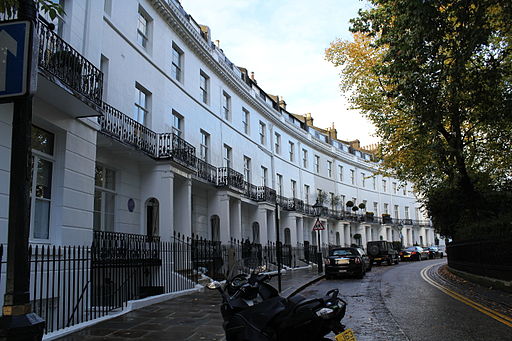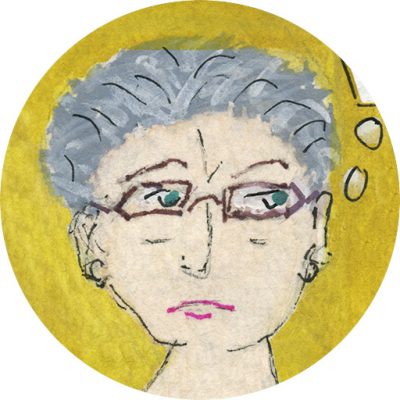I turn to see a tiny woman about my age, dressed like me, sporting large sunglasses and clunky sneakers. Since I am a short person to begin with, you have to imagine that this woman was positively elfin: Charlotte Brontë measurements. I startle easily, and must have looked alarmed, since she went on to ask: “Am I such a monster?” Not a monster, but still, remarkably small. “Of course, not.”

I was standing at the intersection of Pelham Street and Pelham Place, wondering whether I dare turn into Pelham Place on the chance that it might turn out to be a short cut to the Kings Road. I had walked from South Kensington to Chelsea several times in the past, but I have walked in London enough times to know that a shortcut usually means a good way for me to get lost. Getting lost is something I do on a regular basis, even with a map, even more often with a map. That day, I was already lost in thought.
“I’ll show you,” the woman said, leading me into Pelham Place, when I told her my destination, “it’s a short cut.” It was as though a human GPS had just emerged full blown from the fog of my anxiety.
I was pleased to learn that my Pelham Place hunch was correct, though as we wove our way through a neighborhood I had never seen, I realized that minus my self-appointed cicerone the short cut would have led me away from my destination, rather than to it. My guide masterfully steered me across heavily trafficked streets―she would just put her tiny hand up with the authority of a traffic cop, a gesture that stopped cars from advancing any further in our direction―and hurried us along.
“I’m good at instructions,” my companion explained, “because I’m a teacher.” She taught languages, she said, another commonality. “I used to teach French,” I said. “Ooh, la, la,” the guide exclaimed (that seemed a false note, but then clichés about the French die hard). I can’t quite retrieve the thread of conversation that led to and then from languages to Dreiser―an argument about whether Dreiser’s novels showed social violence, “not really,” she demurred, compared to Zola (she pronounced Zola as the English do, putting the accent on the first syllable, so French was not one of her languages, unless maybe that was an English affectation), and then we suddenly entered the zone of gorgeous Georgian townhouses in Pelham Crescent. “You see,” she said, slowing down, “the buildings are white and the doors are black.” She liked, she said, to imagine the inhabitants exiting from their elegant houses, headed for a ball.
As we approached the place my guide had chosen for our parting–“you’ll be fine if you just carry on from here”–she suddenly said, without looking at me: “You know, in the end, all of us are alone.” “Yes, I know,” I replied, as somberly, wondering what had triggered her existential pronouncement. Did I look that lonely?
And then I was, alone.
When I was young in London, or any foreign city, the encounters that mattered to me were always with men: romance! But now, I appeal to old ladies like me who worry whether I know where I’m going.
